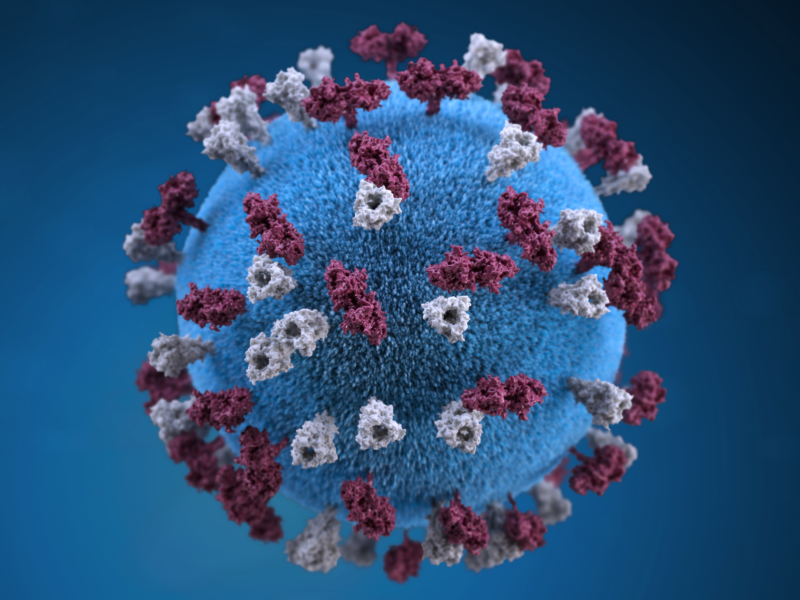This past Monday, the Nobel Foundation announced the winners of the Nobel Prize in medicine. The winners have been honored for their discoveries in immunology in identifying key activators of immune responses against invading microorganisms. Bruce Beutler and Jules Hoffmann jointly share half of the Nobel Prize for their contributions in innate immunity with Ralph Steinman for his discovery of dendritic cells, a new class of cells, which are key activators of the adaptive immune system.
Jules Hoffmann, a research director and member of the board of administrators of the National Center of Scientific Research in Strasbourg, France, and his colleagues published a paper in Cell in 1996 showing that Toll, a drosophila gene known for its function in development, also played a key role in innate immunity against bacterial and fungal infection. Bruce Beutler, who currently holds dual appointments at Scripps Research Institute in La Jolla, California and at the University of Texas Southwestern Medical Center in Dallas, Texas, isolated mammalian receptor proteins, Toll-like receptors. These receptor proteins identify foreign invaders, such as bacteria, and activate innate immunity, the body’s first stage in the immune response. The Toll-like receptors launch an attack to destroy invading microorganisms.
Two decades earlier in 1973, Ralph Steinman of Rockefeller University discovered dendritic cells, which activate adaptive immunity, the next stage of the immune response. Dendritic cells trigger antibody production and mobilize killer cells to destroy infected cells. Once the infection is destroyed, the adaptive immune system develops immunologic memory to remember the infectious agent so that subsequent attacks by the same organism can trigger immediate and powerful immune response in the body to produce antibodies against the foreign microorganism.
The discovery of these components in the immune response signaling pathway have contributed to developing improved vaccines to fight infections and promote immune system attacks on tumor cells. The first therapeutic cancer vaccine, Provenge developed by Dendreon used to treat men with advanced prostate cancer, is based on Dr. Steinman’s discovery of dendritic cells.
As he continued conducting more research on dendritic cell therapy to develop vaccines against cancer in humans, Dr. Steinman found himself with his own personal battle against pancreatic cancer. After his diagnosis four-and-a-half years ago, Dr. Steinman began experimenting with his own discoveries to develop a vaccine against his tumor.
While the Nobel Committee does not give awards posthumously, it was ruled on Monday that the award still stand because the decision was made prior to learning of his death last Friday.

